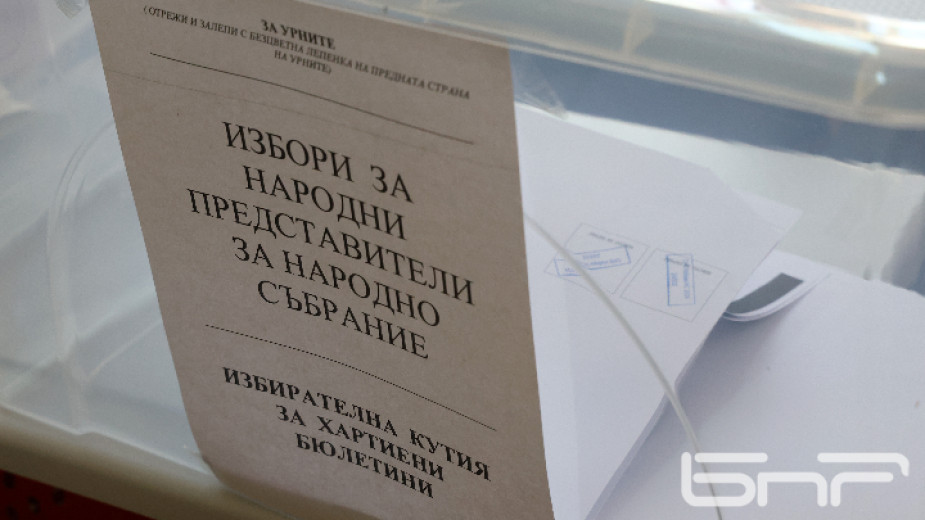Reinger Burger (2013) of the FAZ concerns himself rather one-sidedly with the topic of poverty migration to Germany. He focuses on the media hype surrounding an apartment tower in Duisburg, which is regularly visited by politicians and journalists. There is nothing really new that he can tell, but he lets the residents speak out in an emotionally loaded way without any context with residents complaining about littering and rising crime. The gloomy forecast from people responsible for integration in Duisburg, which says that because of the freedom of movement within Europe that will start at the beginning of 2014, they will need to spend an additional 15 millions, cannot be missing. Men mostly do undeclared work while many young women prostitute themselves. He brings a few new points to the debate namely that many in Germany believed that Rroma, as they are travellers, would only temporarily stay in Germany. The opposite is the case: Many want to stay and build a future for their children, because in Romania and Bulgaria they see no future for themselves. Hannes Swoboda, chairman of the SPD in the European Parliament demands a dedicated Commissioner for Rroma issues. To ignore the situation is not an adequate response to the prevailing events.
The Welt (2013) reports on the action of Saxony’s interior minister Markus Ulbig. He will travel from March 17th to 20th to Serbia, Macedonia, and Kosovo and talk to state, charities and Rroma representatives. His aim is to rationalise the debate about poverty immigration. Migrants from Southeast Europe are almost to 100% not political refugees but are fleeing poverty. This leads to the abuse of political asylum.
The Bremen SPD politician Martin Korol is being excluded from the local SPD fraction (Möller 2013, Hudemann 2013, Stengel 2013). After anti-Rroma statements were made public on Korol’s website, a public debate started centred on the content and intentions of this blog. Korol tried to appease it, which did not succeed with his party colleagues. From his point of view he wanted to start a constructive debate on the situation of Rroma in Germany. Since his statements go against social democratic principles, an exclusion proceeding has been instituted against him. Korol only just became a citizen of Bremen.
Arndt (2013) is writing a report for the Konrad Adenauer Foundation on the situation of Rroma in Bulgaria. The article consists of a series of statistics which does not describe how they were collected and does not discloses their sources disclosed nor discusses them. Arndt distinguishes initially three dominant minorities in Bulgaria: Bulgarians of Turkish origin, Pomaks and Rroma. About the Rroma living conditions, he reports is fully in line with the standard misery views: the majority of Bulgarian Rroma live in closed communities, 55% in urban areas and 45% in rural areas. The number Rroma completing school is blatantly lower than among ethnic Bulgarians. Illiteracy, particularly among women, is also much higher. Many Rroma children speak little or no Bulgarian, when they arrive at school. This data may be correct, even though in the absence of any sources, criticism is almost impossible. The report becomes problematic when it starts to operate on the level of values. Arndt notes for example that: “Due to the shortcomings of their socialization they often lack the necessary social behavioural patterns required to be successful in school. […] The biggest obstacle to a successful integration is likely to prove to be the ghettos with their patriarchal and feudal, often criminal structures, less so the Roma culture.” What shortcomings in the socialization does Arndt mean? How is this justified? His article postulates facts without context and these are not explained. This approach is seriously to be questioned.
Sources:
- Arndt, Marco (2013) Geschlossene Gesellschaft. Zur Lage der Roma in Bulgarien. In: Konrad Adenauer Stiftung – Auslandsbüro Bulgarien vom 8.3.2013.
- Burger, Reiner (2013) Das bessere Leben im Problem-Hochhaus. In: Frankfurter Allgemeine Zeitung vom 11.3.2013.
- Delius, Mara (2013) „Die Zigeuner“, ein imaginäres Kollektiv Europas? In: Die Welt vom 14.3.2013.
- Die Welt (2013) Ulbig will Situation der Roma auf dem Balkan erkunden. In: Die Welt vom 14.3.2013.
- Ebbinghaus, Uwe (2013) Europa erfindet die Zigeuner, um sie zu verachten. In: Frankfurter Allgemeine Zeitung vom 13.3.2013.
- Hudemann, Steffen (2013) Rassismus oder Denkanstoss? In.: Radio Bremen vom 22.2.2013.
- Möller, René (2013) SPD meidet Martin Korol. In: Radio Bremen vom 8.3.2013.
- Staats, Christian (2013) Kitsch und Hass. In: Die Zeit vom 28.2.2013.
- Stengel, Eckhart (2013) Auch SPD-Fraktion will Rechtsabweichler loswerden. In: Frankfurter Rundschau vom 1.3.2013.







